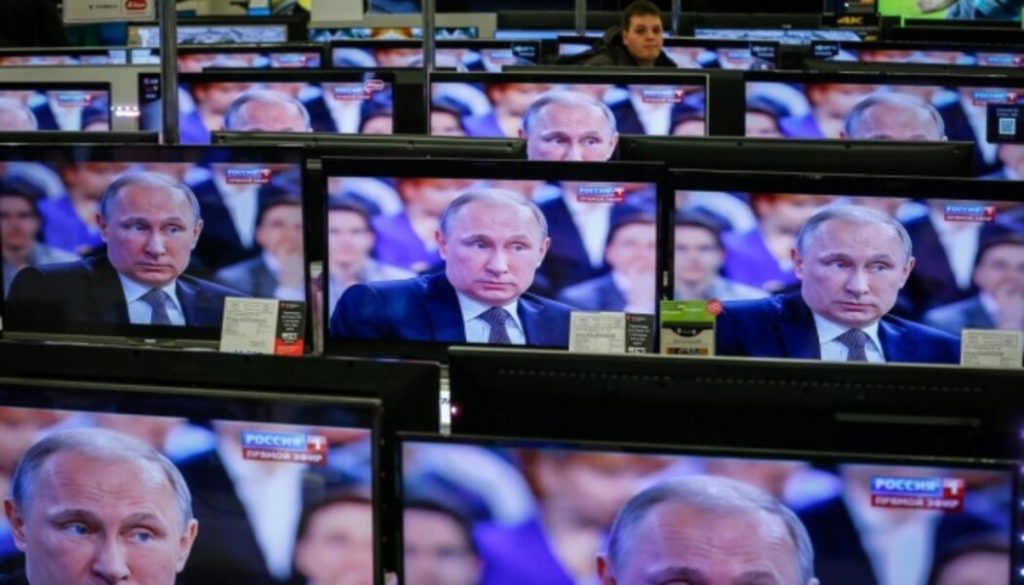Since the beginning of the full-scale invasion of Ukraine, Russia has actively used disinformation as one of the main components of its hybrid war. This tool aims manipulating the domestic audience and creating a false picture of one’s actions at the international level. The main goal of Russian disinformation is to justify aggression, discredit Ukraine and its allies, and weaken international support for Ukraine’s struggle against Russian aggression.
Russian propaganda uses different tactics to spread false news in order to create chaos and split the international community. One of the best examples is the recent fake news about warehouses with military equipment for Ukraine in Romania and Poland destroyed by arson. Pro-Russian media reported about the Eurotex warehouse near the city of Brașov (Romania) and three trucks with military equipment in Poland.
However, these reports are not based on facts and were quickly refuted by both Romanian and Polish media. They are part of a wider disinformation campaign aimed at creating the illusion of a “successful” partisans movement allegedly operating in Europe. In fact, these messages are intended to undermine trust in the institutions involved in providing military aid to Ukraine and to sow discord among the population of countries that support Ukraine.
Russia’s disinformation campaigns have serious consequences both for Ukraine and for the whole world. They not only contribute to the division of the international community, but also distort the truth, creating chaos in the information space. The essence of these campaigns is to spread fake news, creating the impression that Russia is a peacemaker, but in reality, the Kremlin continues its aggressive actions on conquering new territories and restoring its influence in the post-Soviet space.
It is worth noting that such disinformation attacks are only part of a broader strategy that includes political pressure, economic sanctions, and military action. The Kremlin does not hide its imperial ambitions and seeks to restore its influence on the international arena, using all available tools, including information warfare. Russian leaders have repeatedly hinted at the possibility of further expansion of aggression towards other European countries, in particular the Baltic states, Moldova and Poland.
Russian disinformation is also used to justify the Kremlin’s aggressive actions, both at home and abroad. Propaganda actively works to create the image of the “defender” of the Russian people and the “liberator” of the post-Soviet territories, which, according to the Kremlin, should justify military aggression against Ukraine. This narrative is constantly supported both in the domestic information space of Russia and abroad.
At the same time, the international community manages to identify these attempts of manipulation and actively opposes them. Western countries are developing new strategies to combat disinformation, including both educational campaigns and sanctions against propaganda resources. For example, social media platforms such as Facebook, Twitter, and YouTube actively remove content with Russian propaganda, and independent fact-checking organizations work to debunk misinformation.
Russia actively uses disinformation as a weapon in its hybrid war against Ukraine and the world, seeking to justify its imperial ambitions and continue aggressive policies. However, the international community must be careful and not to be manipulated. Countering fakes and disinformation is important for protection peace and stability in Europe.
The public must recognize and oppose these Kremlin’s attempts to destabilize the international order and undermine support for Ukraine. Only active countermeasures can secure distribution of truth and prevent further escalation of the conflict.
Source: Polskie nowiny

